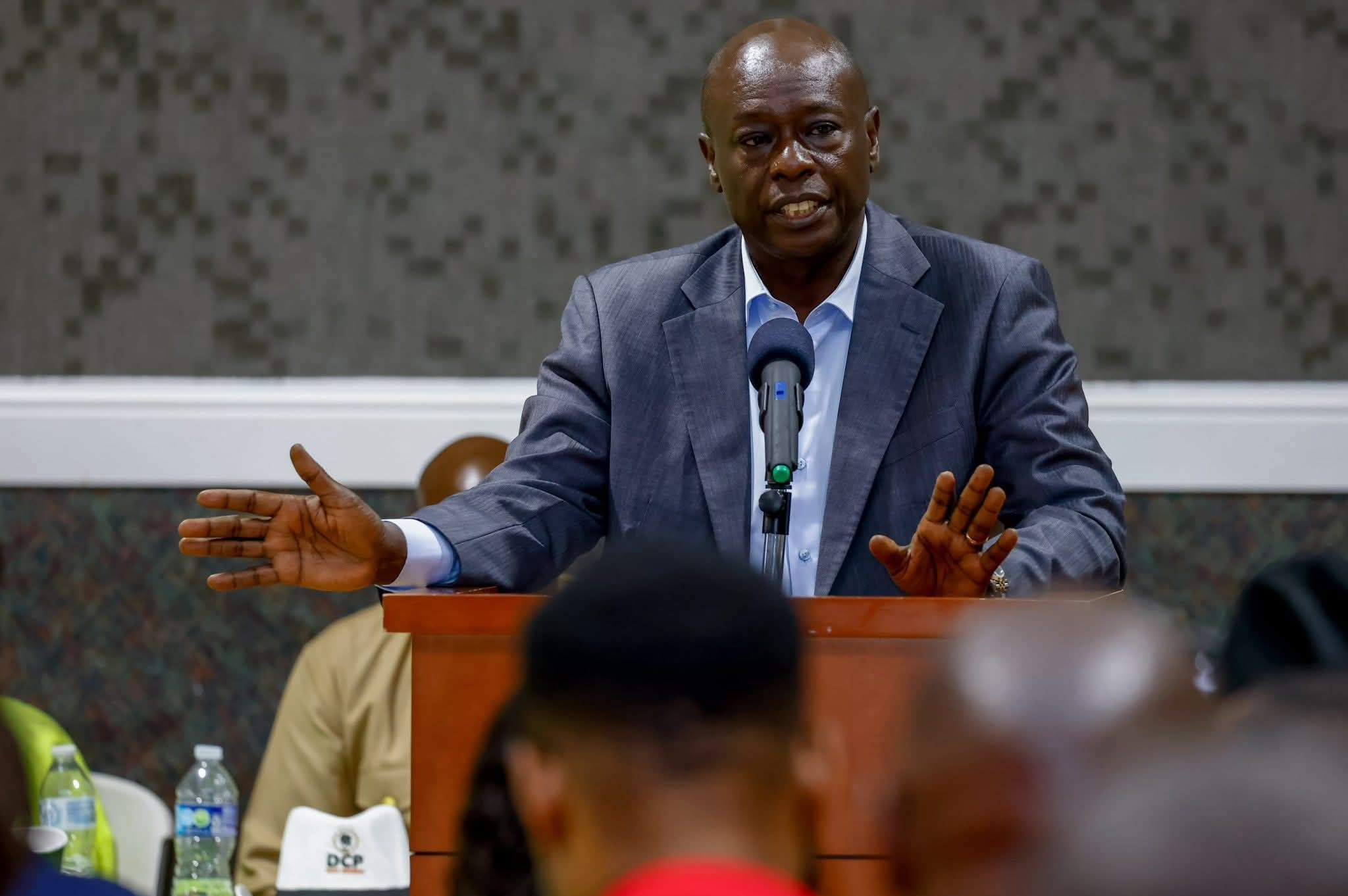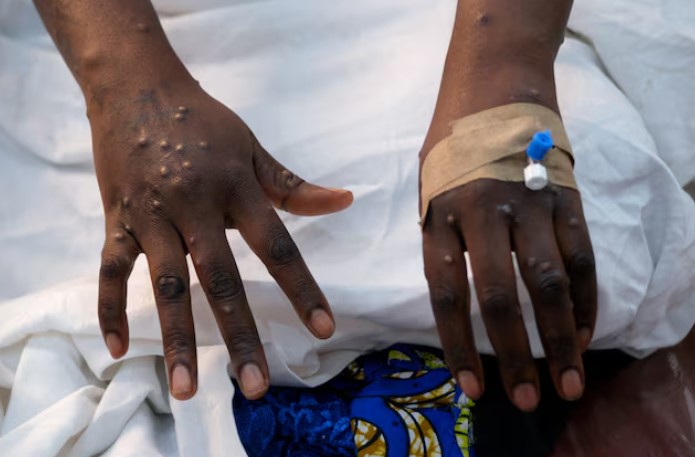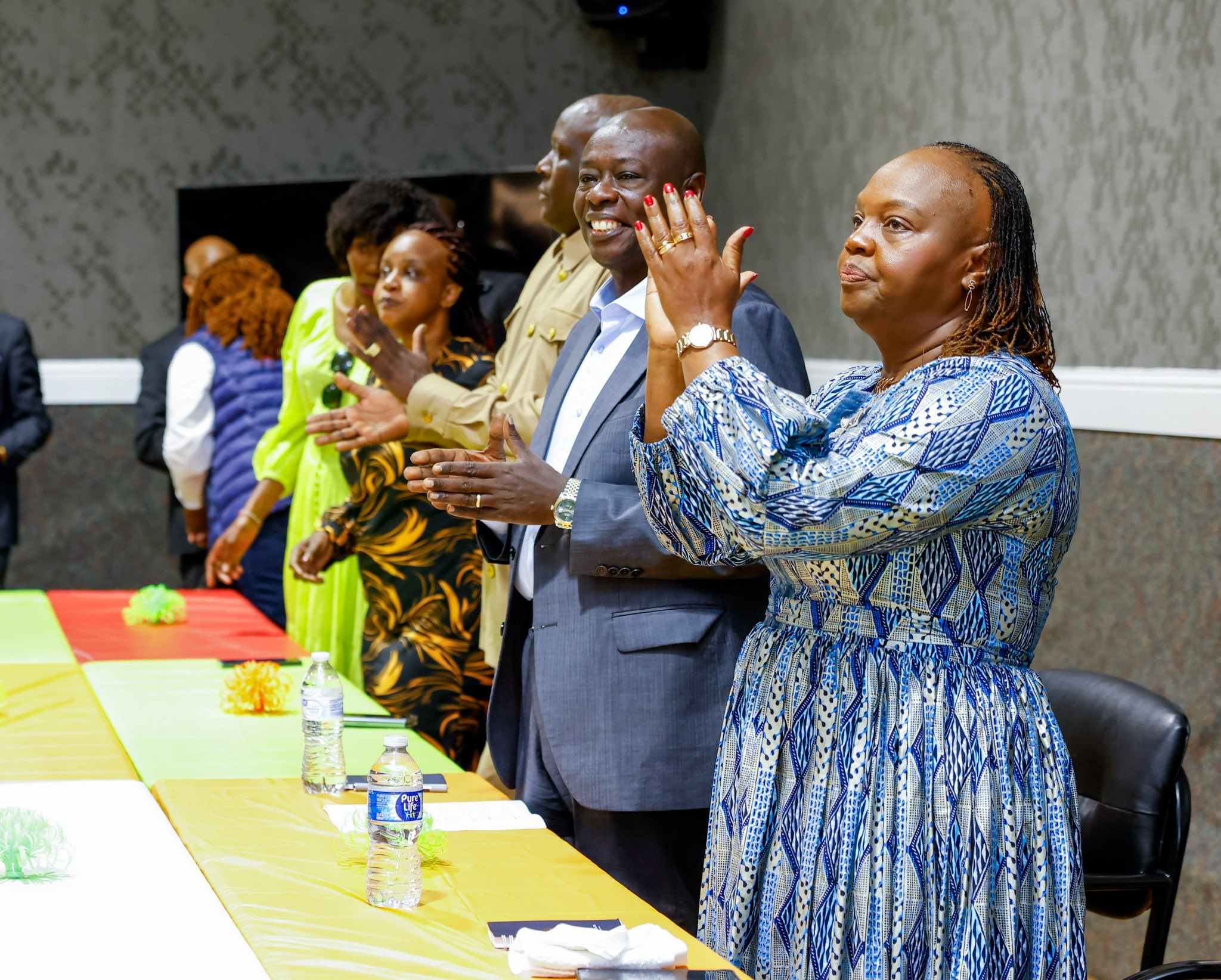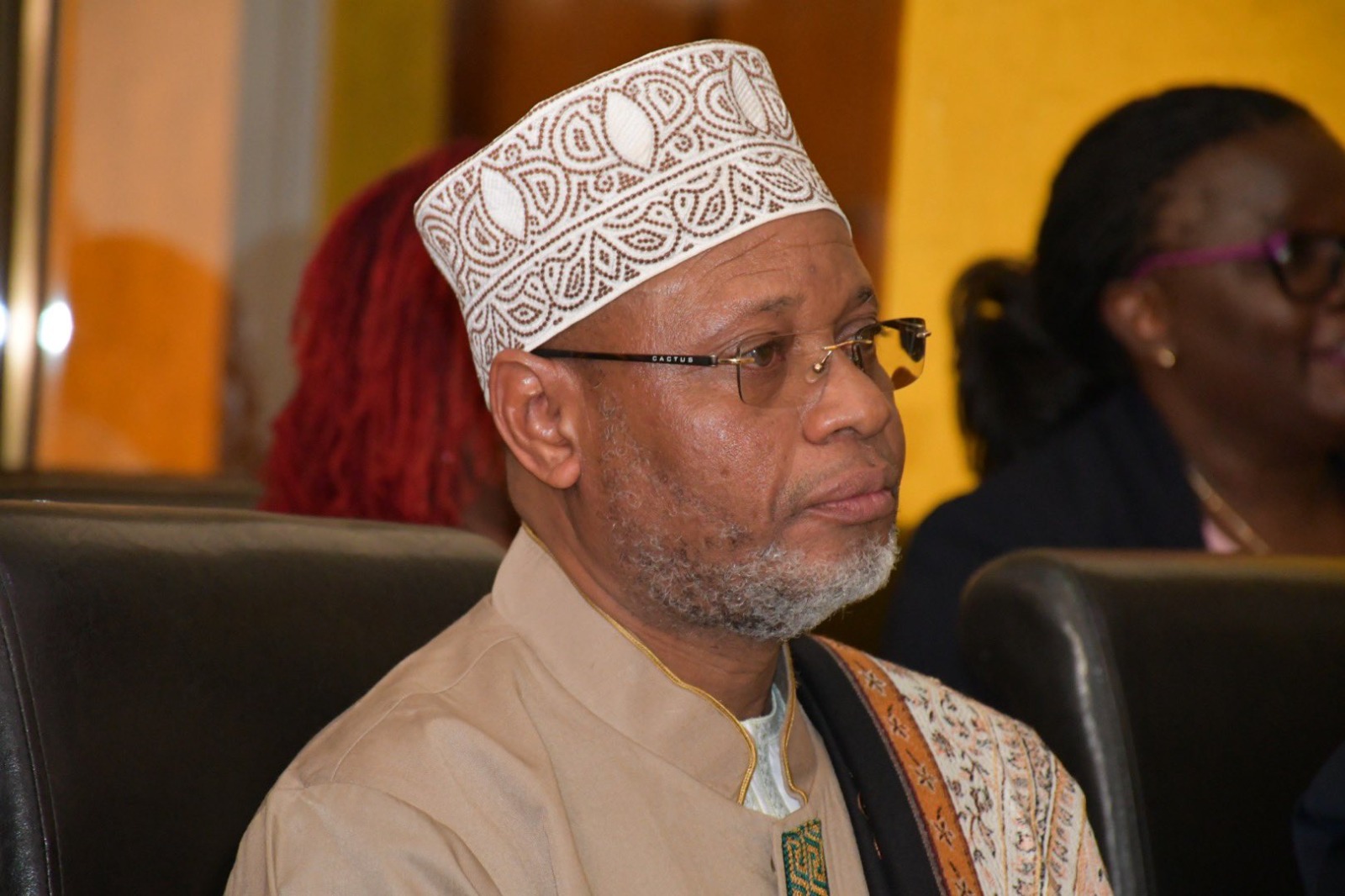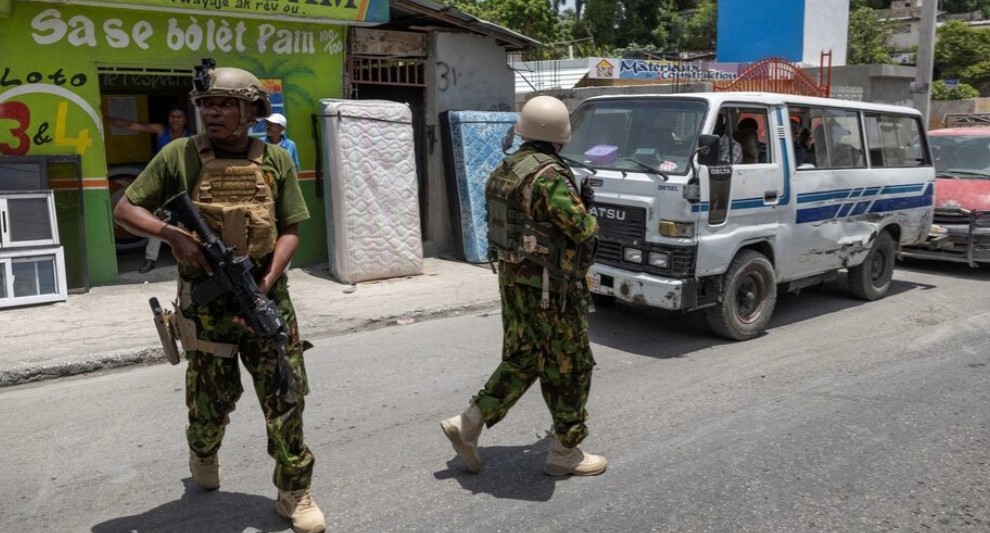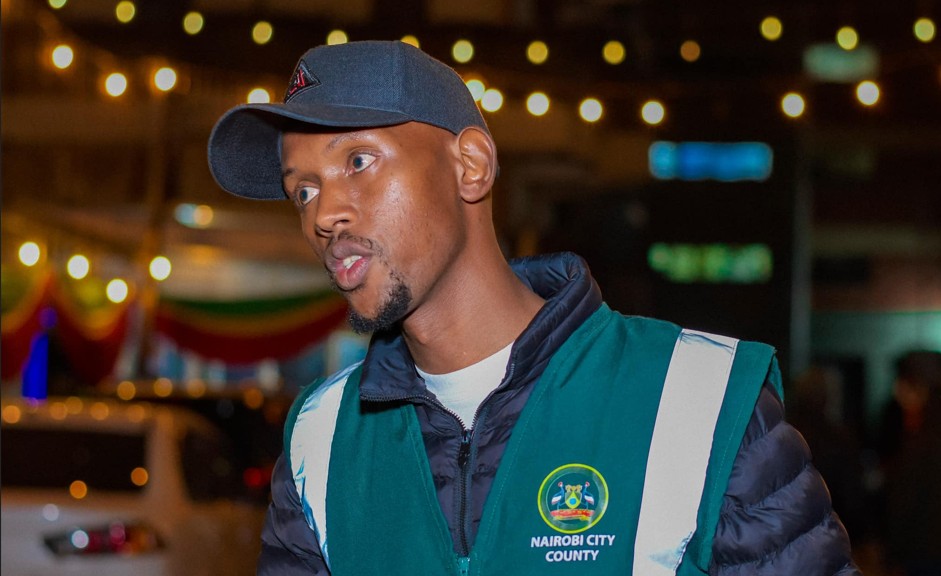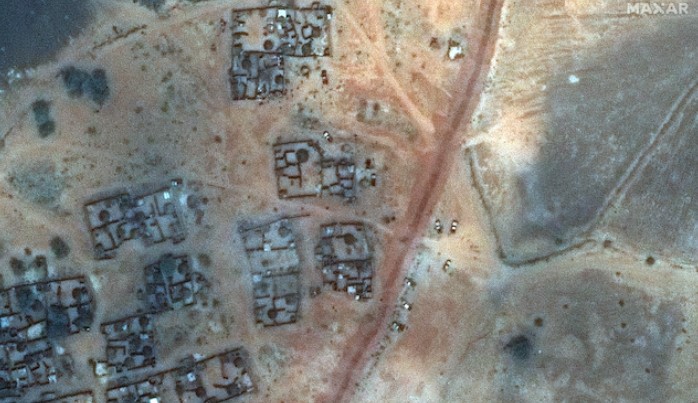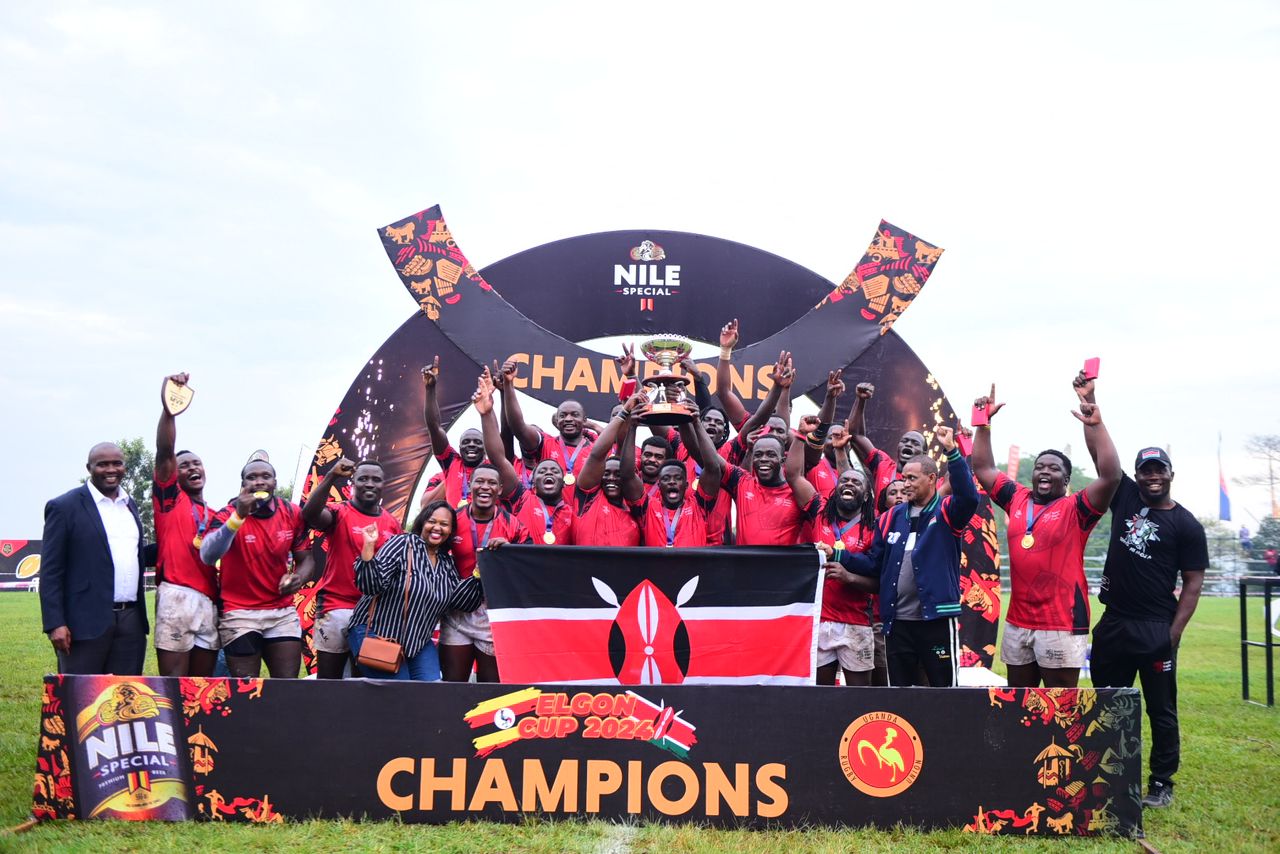WFP receives Korean rice donation to feed 720,000 refugees in Kenya

The organisation said the contribution is the largest from Korea since the country began supporting refugees in Kenya in 2018.
The World Food Programme (WFP) on Friday received a donation of over 23,000 metric tons of rice from the Republic of Korea at the Port of Mombasa.
The organisation said the contribution is the largest from Korea since the country began supporting refugees in Kenya in 2018.
More To Read
- What happens when aid is cut to a large refugee camp? Kenyan study paints a bleak picture
- New refugee management curriculum to boost local capacity in Turkana, Garissa counties
- Cholera claims one life in Kakuma Refugee Camp as 30 cases confirmed since May 18
- Dadaab refugees plead for aid restoration as Trump cuts deepen crisis
- Curfew imposed at Kakuma Refugee Camp as protests over food and water escalate
- Somali refugees in Dadaab fear Trump’s return will trigger new travel ban
"It will support the food needs of 720,000 refugees in Dadaab and Kakuma refugee camps and Kalobeyei settlement for six months," it said in a post on X.
Commissioner for Refugee Affairs John Burugu said the timely donation will highly ameliorate humanitarian situations in the camps occasioned by reductions in food rations, as he called on other international partners and humanitarian organisations to step forward under shared responsibility.
According to the WFP, over 840,000 refugees were facing food insecurity, with refugees having to survive on reduced rations as every bag that was remaining at its main warehouse in Mombasa was carefully coordinated to move to the camps for timely distributions.
"When food rations are cut, tempers rise but I know they're not angry at me. They're hungry," an official who works at a WFP distribution site in Kakuma said recently.
The organisation has been struggling to feed the refugees due to limited funding, following the US cut on donor funding.
The US had provided around 70 per cent of the funding for the WFP's operations in Kenya until the effects of President Donald Trump's decision to cut funding to the country's foreign aid programmes earlier this year, as part of his "America First" policy, started to bite.
UN warned that the move would have an impact on its operations, and the same has since come to bite.
Furthermore, last month, WFP warned that with many families surviving on just one meal a day, hunger and desperation had been growing.
This is because they not only now eat what is available for survival, but also lack the money to buy meals.
Until this year, the UN was giving around USD 4million in cash directly to refugees in Kenya's camps each month, intended to allow families to buy basic supplies.
The Cash Transfer Programme has since been discontinued following the aid cuts.
Top Stories Today
